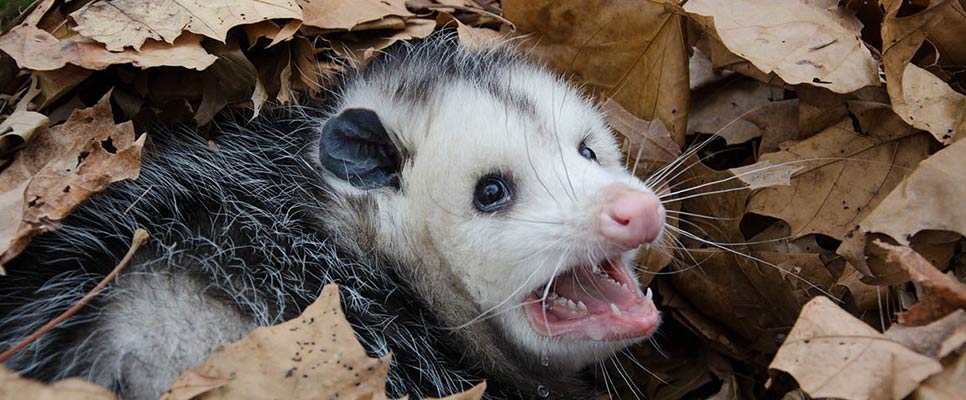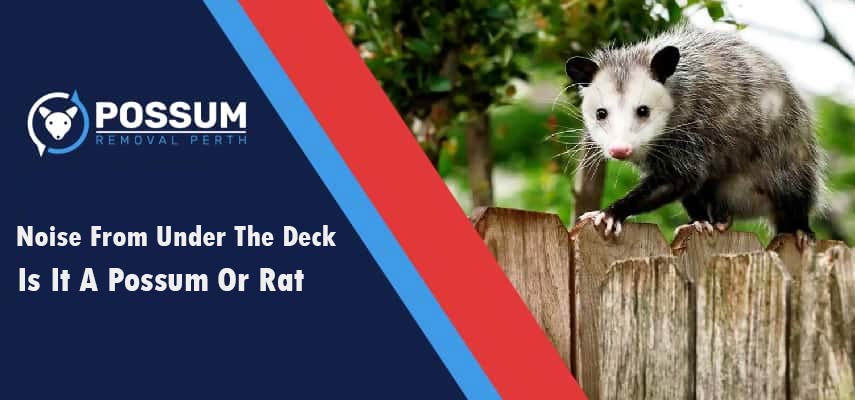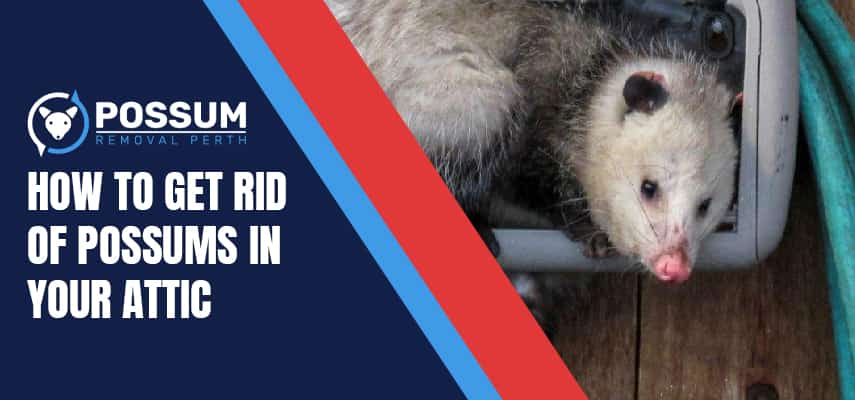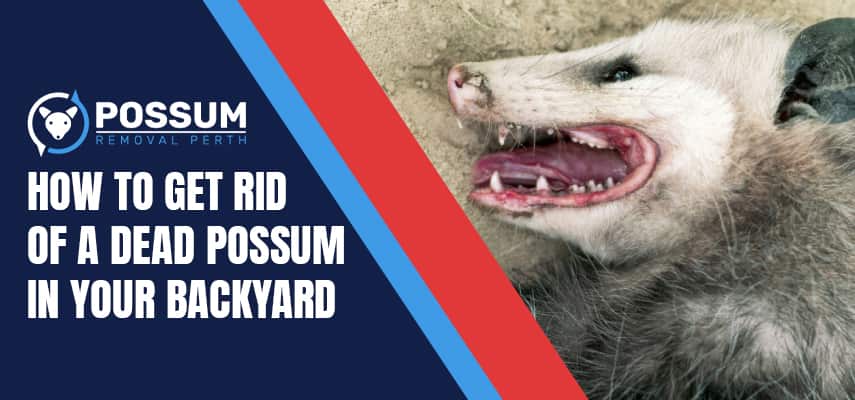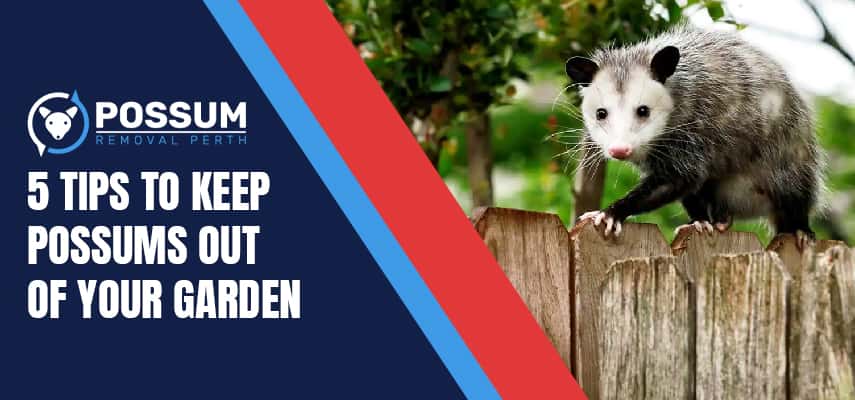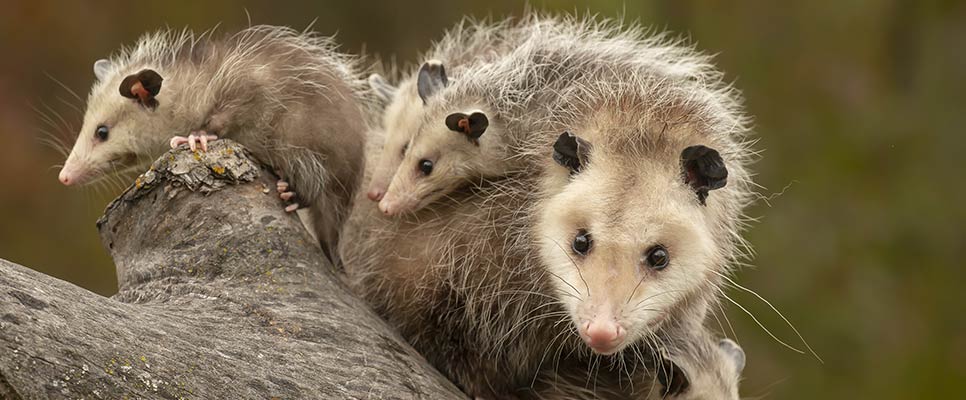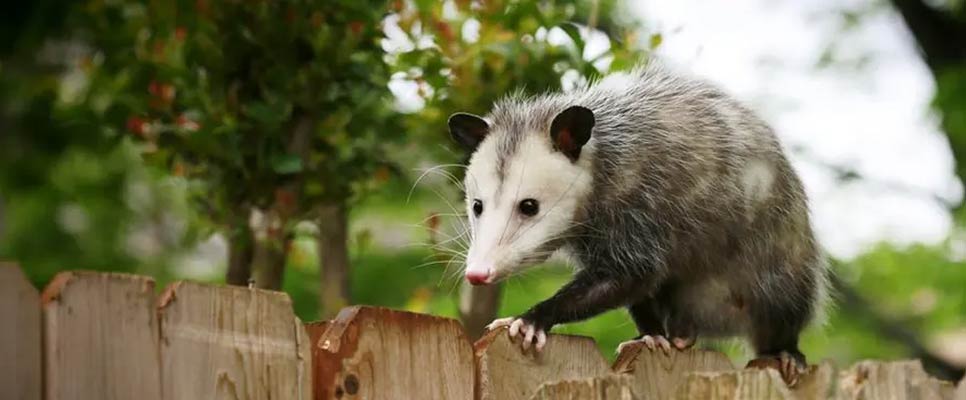Possums try to stay away from places where humans live and are not aggressive. Possum removal becomes necessary when these creatures invade your space. They try their best to avoid confrontations with humans as they are shy in nature and rarely pose any threat to humans.
However, if you are put in a situation where a possum attacks you, you need to take certain measures before they transmit diseases to you, attack you or cause any kind of damage at your place. Do you want to know what to do if a possum attacks you? The first thing is to stay calm and then follow the measures we mentioned in this blog. So, follow all the measures we mentioned with caution and try not to harm possums in any way.
Quick Measures To Follow When A Possum Attacks You
Stay Calm
The key factor to follow when a possum attacks you is to stay calm and this helps in avoiding escalation of the situation. You can implement the approach of staying calm by understanding the possum’s behaviour, maintaining distance and minimising threat perception. In fact, this step is not simply about managing your emotions but also a way of non-aggressive communication with possums. Also, staying calm is a fundamental step in preventing escalation and turning the situation into a defensive encounter. So, avoid making loud noises as they can agitate possums.
Give Space To The Possum
Oftentimes, possums attack you only when they find no way of escaping from the place you are staying. So, what can you do if a possum attacks? Simply, provide them space and let them escape. In fact, there are different reasons why giving space to possums is important and a few of them are,
- To Avoid Confrontation- Possums usually are inclined towards flight over fight whenever they are given the opportunity. So backing away from them allows them to retreat.
- Providing Escape Route- When an unobstructed path is provided, possums retreat by themselves.
- Avoiding Sudden Movements- Sudden movements startle possums and this triggers a defensive behaviour from them. Thus, avoid making sudden movements.
- Observing The Possum’s Behaviour- Observe its behaviour and take no actions like hitting and instead make it possum feel comfortable to make it eventually retreat.
- Maintaining Safe Distance- Safe distance is crucial for your well-being as well as a possum’s.
Avoid Any Kind Of Direct Eye Contact
For animals like possums, direct eye contact from any other party that appears larger than them is perceived as a challenge or threat. So, one should avoid any kind of direct eye contact with possums when they are in an attacking position. In fact, by avoiding direct eye contact, you signal possums that you pose no threat to them and are also not confrontational. This in turn stops the situation from escalating and reduces the defensive behaviour of possums. Also, when you avoid direct eye contact with possums, you are giving them a chance to assess their surroundings for a safe escape route.
Discourage Possums By Appearing Larger
Make yourself appear larger than possums by raising yourself on your tiptoes and raising your arms in the air as this stops them from approaching you further. In fact, there are quite a few reasons why this helps in stopping them in their tracks. Like most wildlife creatures, possums have evolved over time and started recognising behaviours and postures in regard to predators. Therefore, when you follow this tip when a possum attacks you, their instinctual response triggers and feel your presence as a threat. Hence, avoiding your presence altogether.
Use Calm & Controlled Voice
One of the most important aspects you need to keep in mind is to use a calm and controlled voice when there is a possum in an attacking position. This step helps give the possums a non-threatening environment and minimises the risk of agitating them. Moreover, using a calm and controlled voice reassures the possum that you are not a predator and are not there to put them in danger. While maintaining a calm and controlled voice, assess the possum’s behaviour to see if it is not agitated and this is a good sign you can expect from your communication.
Do Not Corner The Possum
All you need to keep in mind when a possum is attacking is to avoid cornering it at any cost as this is safe for both possum and yourself. Possums being defensive creatures, start hissing and growling in addition to attacking when are cornered as they feel threatened. In fact, apart from feeling threatened, possums feel stressed and anxious if you move closer and invade their space. Moreover, by encouraging such behaviour, you minimize the stress of the possum and are contributing to its psychological well-being.
If Scratched Or Bitten
But what to do when a possum attacks by scratching or biting? Here are a few things you can do.
- Take help from medical care by promptly addressing possum scratches or bites to avoid the risk of transmitting diseases.
- An immediate action you can take after a possum bite or scratch is to wash the wounded area with soap and water. This helps in reducing the risk of infection until a medical expert evaluates the wound.
- One of the fatal and potential disease transmission from possums is rabies. So, get your wound assessed for rabies evaluation without absence.
- It is advisable to take a tetanus shot in concern with disease transmission &
- Report the incident of possum bites or scratches to the nearby local health authorities, wildlife agencies and animal control possum management team.
Conclusion
Remember all the points we mentioned and you would be about what to do when a possum attacks depending upon your situation. However, the end goal should be giving the possum a chance to escape instead of threatening their safety or harming them. Also, approach possums by maintaining a safe distance, and being mindful about their behaviour to ensure you are not causing them stress and anxiety. Most importantly, possums are usually categorised as non-aggressive creatures and thus do not confront them directly. But if you want to go for a humane possum removal instead of facing repetitive attacks from possums, you can get in touch with professionals.

